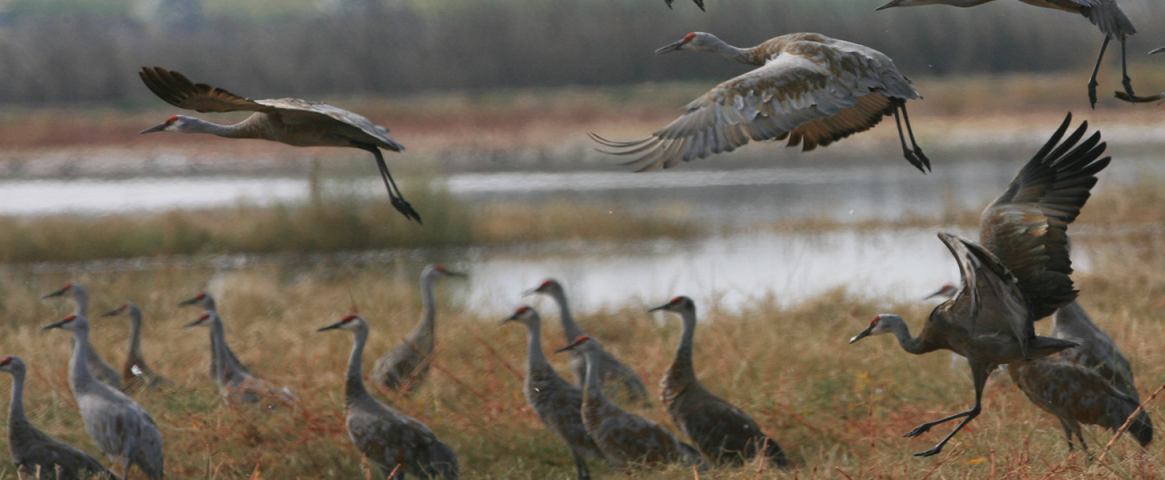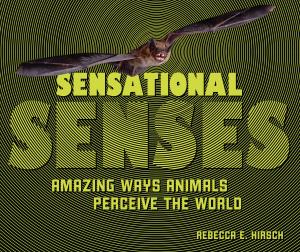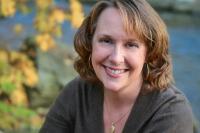
Rebecca E. Hirsch—Sensational Senses: Amazing Ways Animals Perceive the World
AMAZING WAYS ANIMALS PERCEIVE THE WORLD
Rebecca E. Hirsch
Millbrook Press, April 5, 2022
Hardcover, $29.29, eBook $9.99
ISBN-10: 1728419220, ISBN-13: 978-1728419220
ASIN: B09M94GMQC
Interest Level: Grades 3–8
Hirsch reports:
I became fascinated by the sensory world of animals when I was assigned to write a magazine article about how birds sense Earth’s magnetic field. I was intrigued that animals can sense aspects of the world that are hidden from us. As humans, we tend to think the way we sense the world is the world. But there is more to the world than we perceive.
I thought young readers would enjoy a journey into the hidden sensory world of animals. I pitched the idea to my long-time editor, Carol Hinz at Millbrook/Lerner, who invited me to write a proposal.
I decided to focus on eight different senses—our own five senses, plus three additional senses humans don't have: infrared vision, magnetoreception, and electroreception. I chose one animal for each sense. I combed through the scientific literature, looking for exciting research on animal senses that I thought kids could understand. I submitted my proposal; it was accepted, and I was off.To research the book, I relied mostly on original scientific articles and interviews with scientists. I talked with scientists exploring everything from the star-nosed mole's use of touch to red foxes that hunt with the help of the magnetic field. Two questions drove my research: first, what aspects of the world can each animal sense that humans can’t? Second, if we can’t sense the same thing ourselves, how do we learn what the animal is sensing? Many of the scientists I spoke with shared photographs of their work. The book is illustrated with outstanding images from their laboratory and field research.
I hope readers experience both the joy of discovery in this book, and recognition of how challenging this work is. I also hope they understand the importance of imagination in designing experiments that test sensory abilities that differ from our own. Finally, I hope they come away with an appreciation of how many mysteries in the world of animal senses still wait to be solved.
Contact info:
- Rebecca E. Hirsch: rebeccahirsch@mac.com, http://rebeccahirsch.com, Twitter: @rebeccaehirsch
- Book: https://lernerbooks.com/shop/show/21619, http://rebeccahirsch.com/sensational-senses.html
- Publicist: Megan Ciskowski, mciskowski@lernerbooks.com
- Agent: Sarah Stephens, sarah@redfoxliterary.com
NASW members: will your book be published soon? Promote it by submitting your report for Advance Copy.
Tell your fellow NASW members how you came up with the idea for your book, developed a proposal, found an agent and publisher, funded and conducted research, and put the book together. Include what you wish you had known before you began working on your book, or had done differently.
See https://www.nasw.org/advance-copy-submission-guidelines.
View Advance Copy archives at https://www.nasw.org/member-article/advance-copy.
Thinking of writing a book? If you are a NASW member, you may access a list of more than 200 books and online resources to help you craft your book proposal, find an agent and funding sources, negotiate your contract, learn about self-publishing, publicize and market your book, and more at https://www.nasw.org/article/write-book.
Send book info and questions about book publishing to Lynne Lamberg, NASW book editor, llamberg@nasw.org.
Follow @LynneLamberg on Twitter for news about science/medical books, writing, and NASW authors.
Hero via U.S. Fish and Wildlife Service, public domain
Advance Copy
The path from idea to book may take myriad routes. The Advance Copy column, started in 2000 by NASW volunteer book editor Lynne Lamberg, features NASW authors telling the stories behind their books. Authors are asked to report how they got their idea, honed it into a proposal, found an agent and a publisher, funded and conducted their research, and organized their writing process. They also are asked to share what they wish they’d known when they started or would do differently next time, and what advice they can offer aspiring authors. Lamberg edits the authors’ answers to produce the Advance Copy reports.
NASW members: Will your book be published soon? Visit www.nasw.org/advance-copy-submission-guidelines for information on submitting your report.
Publication of NASW author reports in Advance Copy does not constitute NASW's endorsement of any publication or the ideas, values, or material contained within or espoused by authors or their books. We hope this column stimulates productive discussions on important topics now and in the future as both science and societies progress. We welcome your discussion in the comments section below.


